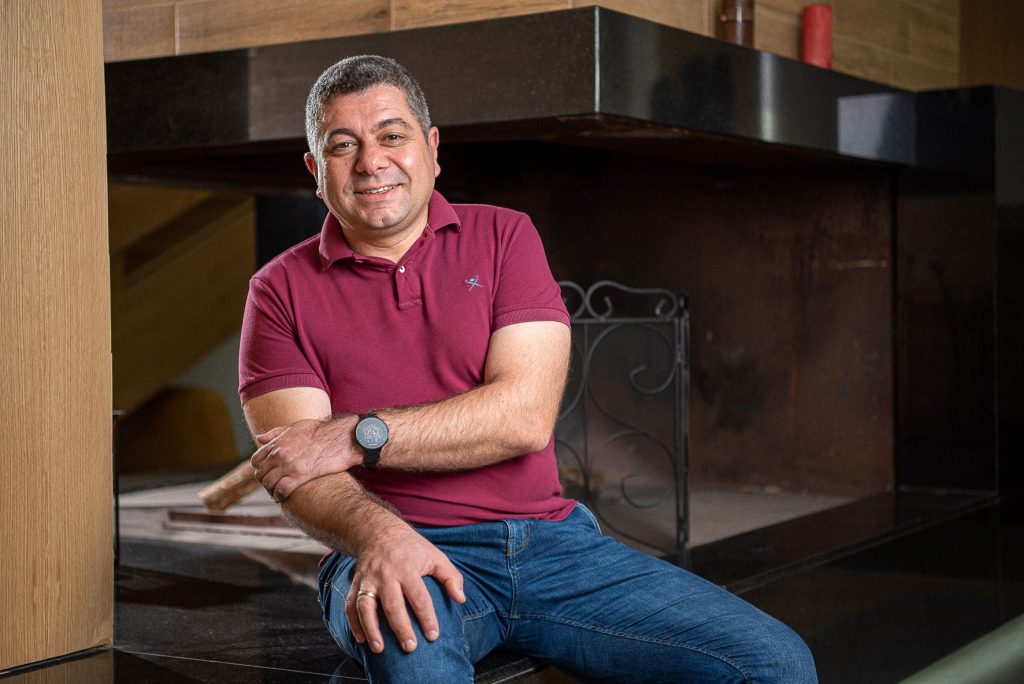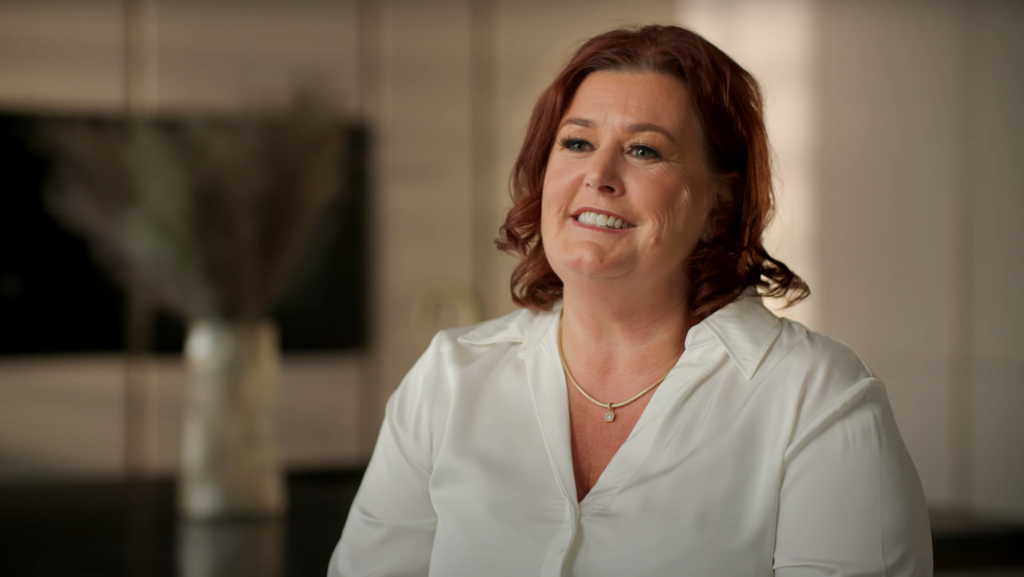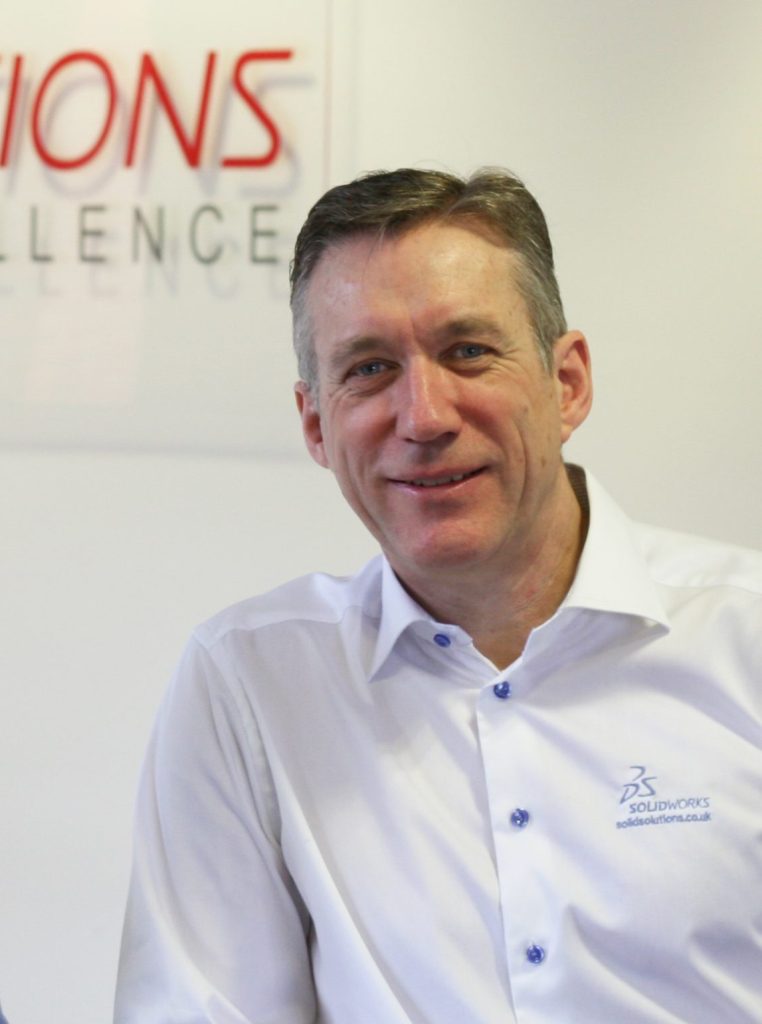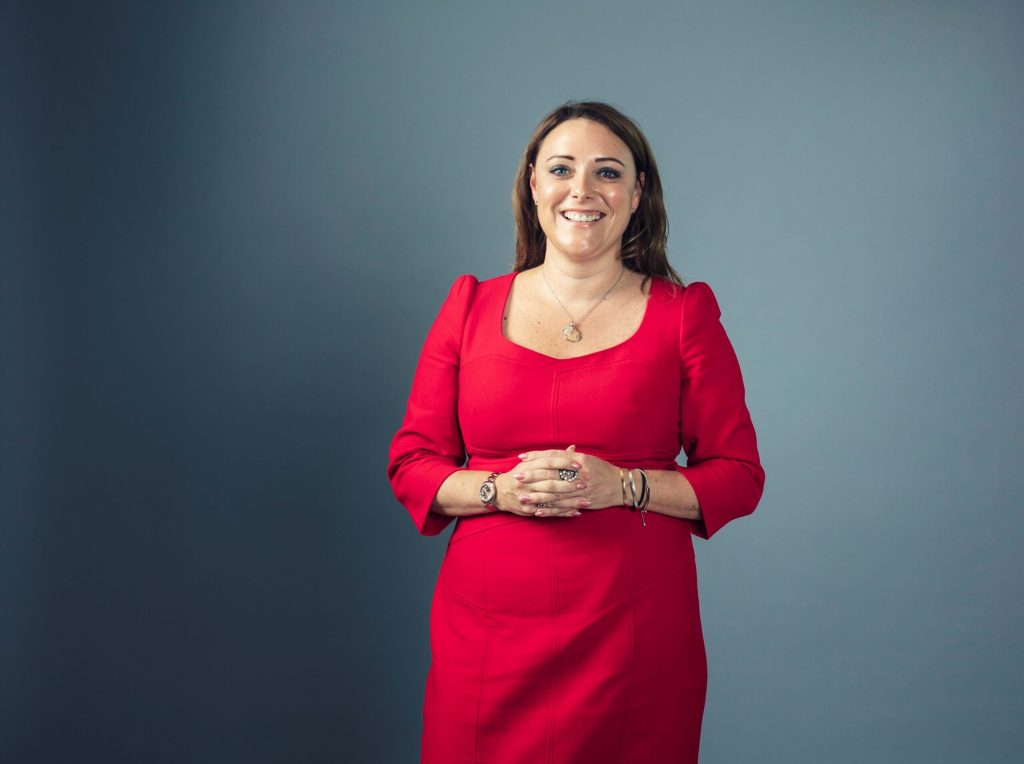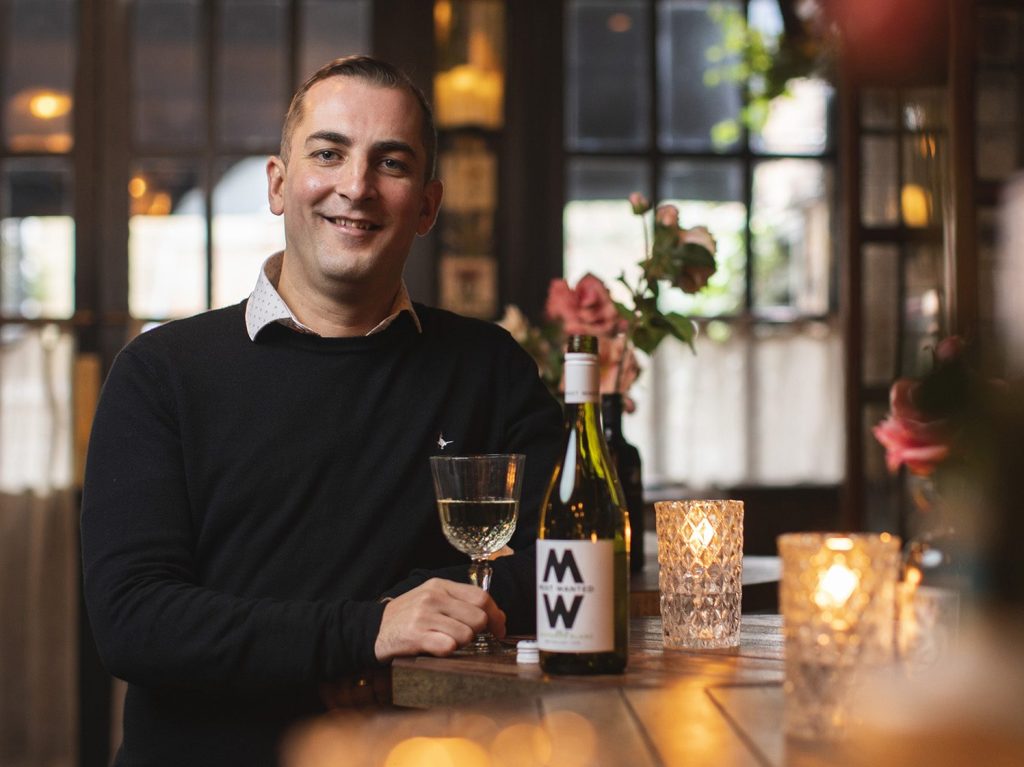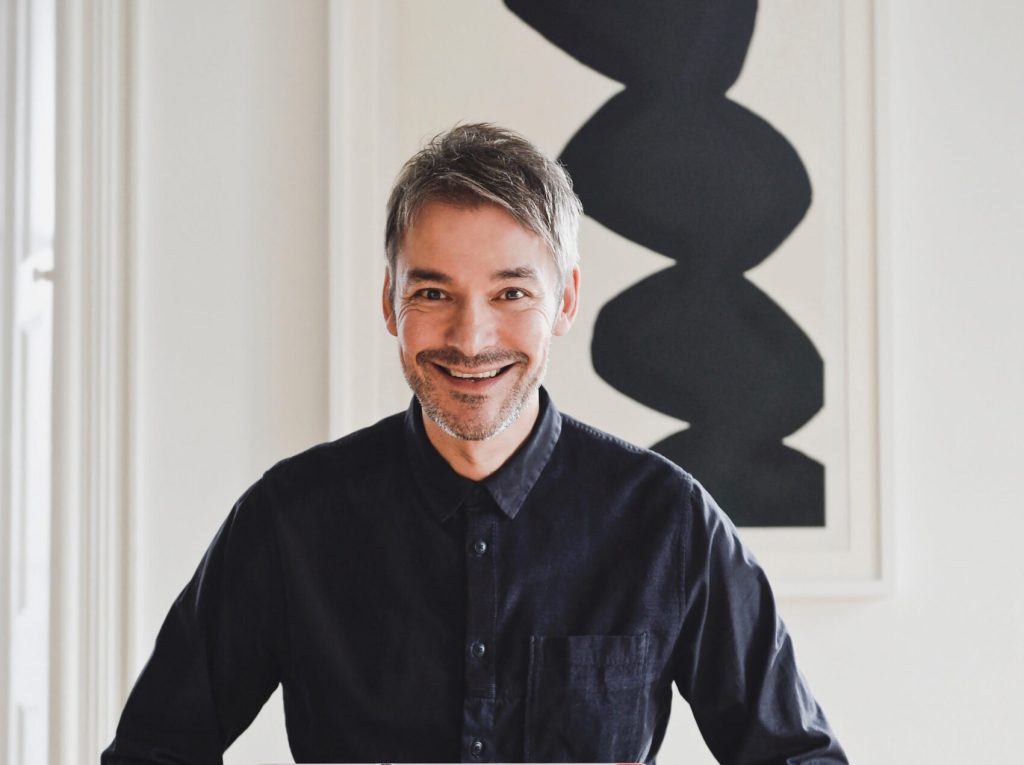Stories of Growth
Will Rees, Direct Online Services: “Building something from scratch”
As part of our Stories of Growth series, hear how this founder built a successful e-commerce retailer with his father.
17 May 2023
BGF provided significant investment to Gloucestershire-based Direct Online Services, an e-commerce retailer of kitchen worktops. BGF’s funding was used for sales and marketing, new product launches and entry into the German market. Following a period of growth, the company was acquired by Broadview Holding.
In this interview, Direct Online Services co-founder Will Rees tells us how he and his father built the company to a successful exit.
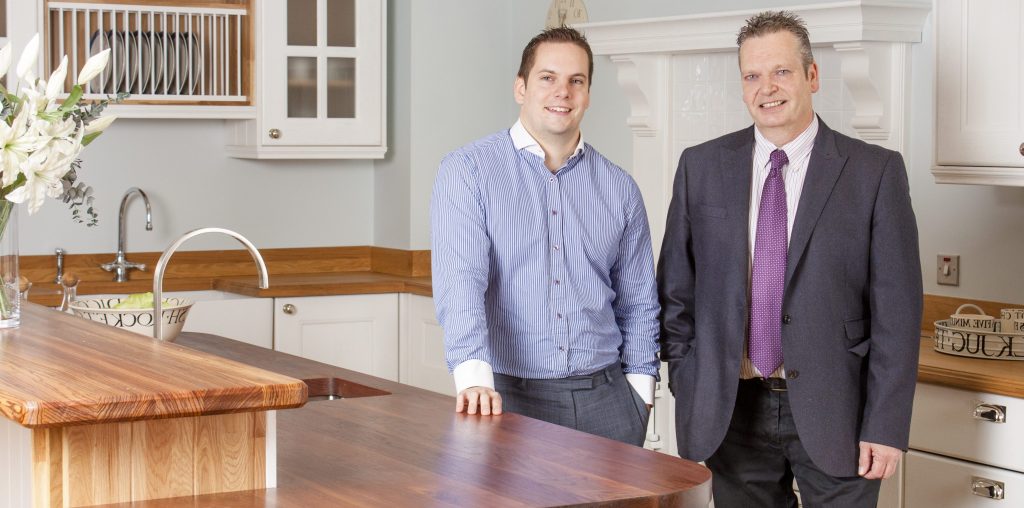
It all started when the furniture chain MFI went bust in the last recession. At the time, I was buying and selling stuff online, and my dad was in the kitchen business. We were approached by the administrators, who had a lot of old stock to sell. We took out a bank loan, bought a random container of stock, and listed it on eBay.
Soon, we had sold all the stock they had, but there was still huge demand – particularly for kitchen worktops. My dad jumped on a plane to meet suppliers in Poland and Turkey. We developed Direct Online Services into a direct-to-consumer retailer of solid wood worktops in 2008. When we exited the company in 2020, we had sold over a million of them.
Bypassing the shops
Today, even massive brands like Nike and Adidas are going direct to consumer, bypassing the shops to offer a better, personalised experience. We did that from inception. Our thinking was simple: worktops are two to three metres long. If you’re delivering to someone’s granny in a bungalow, you can’t just drop off the delivery and go. You have to offer a white glove service and two-man delivery. At the time, no one else was doing that.
We started our own delivery service in 2012. When we sold the business, we had 60 vehicles delivering products from eight depots around the UK and in Germany.
One of our selling points was that we stocked different lengths and widths. That cut down on waste. We also started a bespoke service. We built a software application that let users put in dimensions and select finishes online and receive real-time pricing. With certain products, you could get a fully bespoke worktop in three days. You would struggle to find a carpenter to look at your kitchen in that time.
Beauty parade
When you’re smaller, the milestones seem massive. I remember selling £100,000 of stock in a week and then £100,000 in a day and then half a million in a day. The numbers were crazy.
We invested a lot ahead of the curve, which was the right decision, but at the time, we sometimes worried we had overinvested. If you track our growth over a ten-year period, we grew 20% plus a year. It looks like a straight line, but it didn’t feel that way at the time. You need the bad times to appreciate all the successes.
In 2015, the business was at an inflexion point. We outgrew our management team and premises. To get to the next stage we had to invest. We talked to a few parties and that’s when things got serious.
If you’ve ever gone for investment, it all starts as a beauty parade. Everyone wants to be your friend. But, during the process, offers change, and you see a different side to people. Our lawyers found strange things snuck into contracts, so we stopped talking to the other private equity houses and turned to BGF.
“Everyone wants to be your friend. But, during the investment process, offers change.”
BGF’s terms were clear. There weren’t any nasty surprises in the contract. They trusted us to get on with growing the business, while helping to find great people like David Cox, a veteran of many e-commerce businesses, who joined our board.
BGF’s minority investment ultimately led to a bigger exit and a better result for the shareholders. I think that if we had gone with another private equity house, we wouldn’t have got on and that would have meant lower returns. With hindsight, we made the best decision.
Relief and accomplishment
We sold to a subsidiary of a company that’s on the Amsterdam stock exchange. As a family business, we were able to do this because BGF improved our corporate governance to make sure everything was done professionally.
We completed the deal in May 2020, in the middle of lockdown. We hadn’t seen the staff for ages and had to do everything remotely. We couldn’t celebrate the way I wanted to. That’s a regret but it was out of our hands.
Selling a business is odd. When I wrote my memo to thank staff, I was bawling my eyes out and my wife had to console me. It’s a real conflict of emotions. There’s relief and accomplishment. We didn’t sell because we had to but because we wanted to, so there is elation, but there’s also the realisation that you’re saying goodbye to something you’ve built for over ten years.
Life after exit
I was 21 when we started the business. The exit deal included a package that has allowed me to take some time off work. I have taken advantage of this and indulged my hobbies – I play guitar in a band, have become a novice racing driver, and I’m training for some cycling events.
My dad’s gone the other way – he’s looking at starting something new. He only has a few more years of full-time business building as he’s in his sixties, so I guess he’ll relax later.
Lessons from my father
My dad has always been a successful businessman, so perhaps it was in my genes. Whenever I used to play gigs, I was the one afterward who went around trying to sell our latest CD. I was pretty good at that.
When I was a teenager, I would work in dad’s factory in summer holidays. It was never glamorous. He had a business that made bolts and brackets. I would be on the end of the production line bagging them up. That business didn’t survive the recession, which is why we started Direct Online Services. In a way, I’m happy about that, because it meant I didn’t simply inherit my dad’s business – we built something from scratch, together.
I still owe a lot to him for giving me the opportunity and being an excellent mentor through good times and bad.

